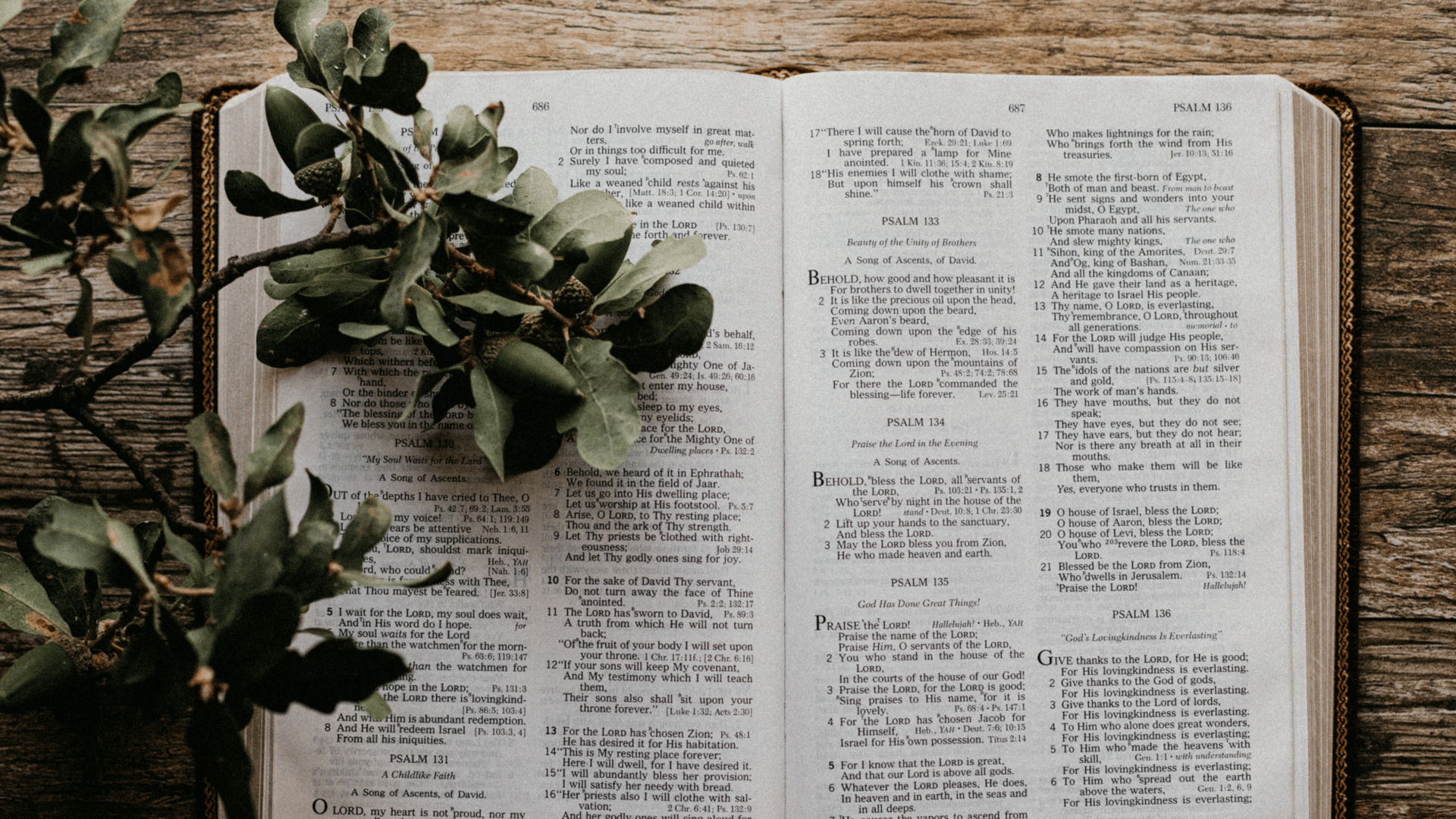Within the forty-six books of the Old Testament, there is contained the endearing Book of Psalms. The book is really more of an anthology of prayers of God’s people that were either collected or written by King David.
While the psalms are the inspired Word of God, they are also a forum for the human heart to cry out to God, as the Catechism of the Catholic Church teaches us: “The Psalter is the book in which the Word of God becomes man’s prayer.”
While every book of the Bible contains the words and deeds of God in various forms, the psalms are unique in that they are not only the declaration of God’s presence among us but also the account of humanity’s prayerful response to him. Again, the Catechism instructs us: “In other books of the Old Testament, ‘the words proclaim [God’s] works and bring to light the mystery they contain.’ The words of the Psalmist, sung for God, both express and acclaim the Lord’s saving works; the same Spirit inspires both God’s work and man’s response.”
In this way, the psalms allow the sacred accounts of the Bible to take on an internal identity within the hearts of believers. The actions of God no longer need to seem removed or distant. The actions of God can be as close to our hearts as the uttering of a simple psalm.
Yes, the psalms teach us to pray. They guide us in responding to the initiative of God and his words and deeds among us. The psalms are the inspired Word of God given to us for the sake of instructing and encouraging us to pray openly and transparently to God.
In this way, the psalms are a powerful expression of the unity of God’s actions and humanity’s response in the person of Jesus Christ. As the Lord prayed the psalms, it was his divinity that was being acknowledged and praised and his humanity that was pining and offering supplications. The Catechism explains: “Christ will unite the two [God’s works and man’s response]. In Him, the psalms continue to teach us how to pray.”
As the psalms were once sung in the Temple in Jerusalem, so they are sung today in the hearts of believers. As they are sung, the psalms continue to inspire, mold, and motivate the spiritual life of individual believers and of the entire Church.
The Catechism describes the effects of the psalms: “The Psalter’s many forms of prayer take shape both in the liturgy of the Temple and in the human heart. Whether hymns or prayers of lamentation or thanksgiving, whether individual or communal, whether royal chants, songs of pilgrimage or wisdom meditations, the Psalms are a mirror of God’s marvelous deeds in the history of his people, as well as reflections of the human experiences of the Psalmist.”
The psalms cover the plethora of human life. No emotion, experience, suffering, or joy is overlooked. All of the affairs of human life are contained within the pages and the prayerful wisdom of the Book of Psalms.
As the psalms span human experience, so they span the duration of time. The psalms speak of the past, serve as leaven to the present, and point us to a future surrounded by God’s providence. The psalms are for every place and for every time.
The Catechism stresses this point: “Though a given psalm may reflect an event of the past, it still possesses such direct simplicity that it can be prayed in truth by men of all times and conditions.”
As we welcome and draw close to the 150 psalms, we are embraced by their warmth and are led to an encounter with God. As our tongues seem unable to find the words, and our hearts are distracted by the things of this world, and our bodies are tired with work and its duties, the psalms step in, carry our prayer, and help us to speak and listen to the living God, the God who loves us and calls us to fellowship with him.
The psalms cannot be underestimated. As a parent says and repeats words in order to help a child learn how to speak, so the psalms are the solemn repetition of the words of God supporting and teaching us how to pray.
Join Father Kirby every morning for his free daily reflections, Morning Offering with Father Kirby.














